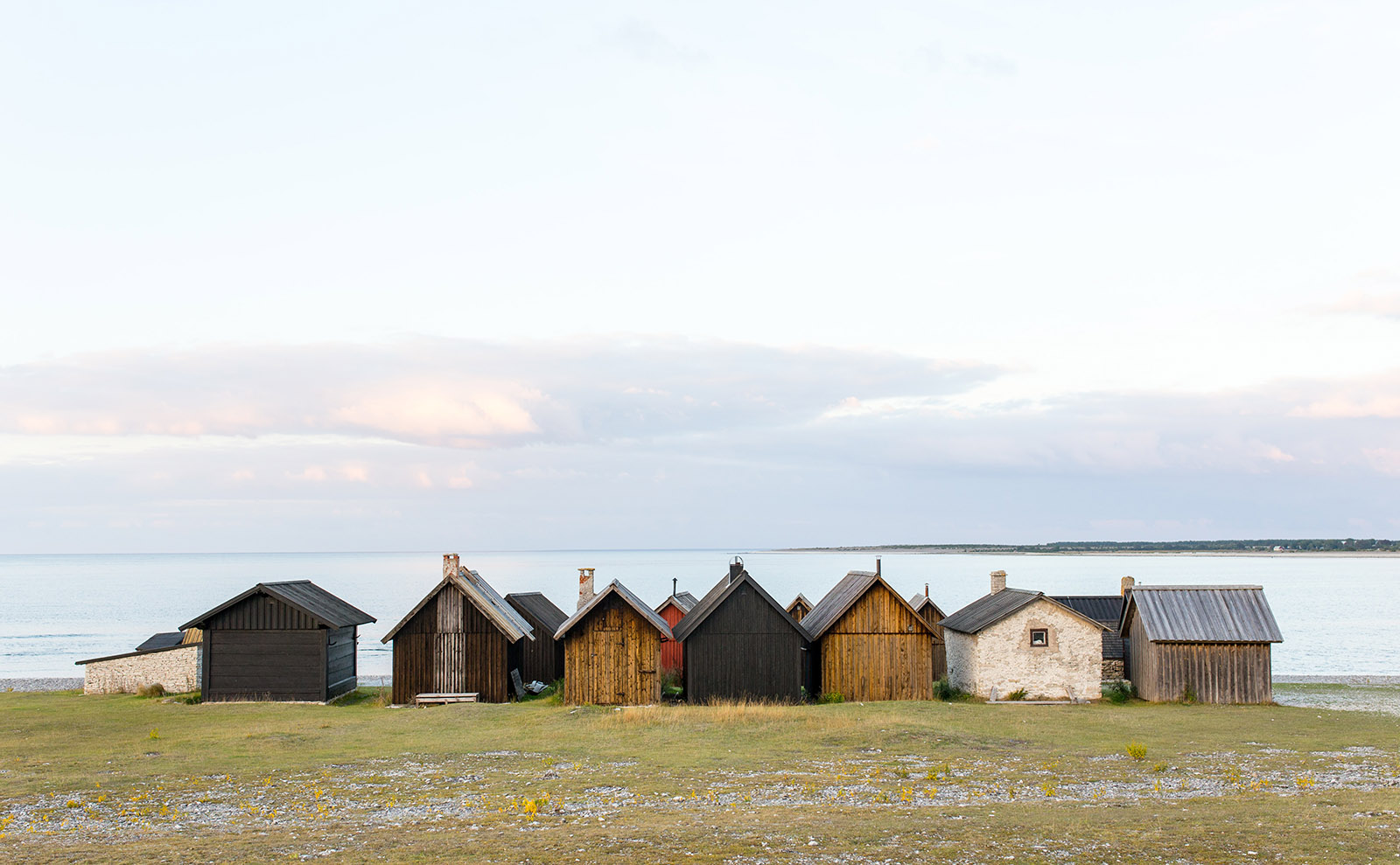
Armchair travel around the world!
Start your reading adventures with our FREE Reading Atlas.

- Around the World in 14 Books
- 7 Thrilling Book Series
- 6 Audiobooks That Are Like Theater For Your Ears



Sweden is one of the happiest countries in the world. And it’s no wonder! Its residents enjoy one of the highest standards of living on the planet with low unemployment, one of the world’s longest life expectancies (80.6 for men; 84.1 for women), a commitment to caring for the environment, and a strong sense of community. Ninety-one percent of Swedes agreed that they know ‘someone they could rely on in a time of need.’
Plus, there’s ABBA.
Which is all very sweet and life-affirming. But also raises the question: Why are Swedish novels so murdery?!
The answer to the riddle lies in the question itself. Sweden — and, really, all of Scandinavia — is a happy, outdoorsy place. (More than 50% of the country is covered in forest, and there are 100,000 lakes.) There’s a commitment to tradition, including robust celebrations of both the dark of Christmas and the light of Midsommar. The population is well-educated, friendly, content, and always down to eat a cardamom bun while taking a minute to talk about life.
So when violence strikes a community — whether it’s in the capital city of Stockholm or a fishing village along the coast — it’s shocking because it happened in this near-utopian version of the world.
The contrast between the before (idyllic, bathed in golden sunshine or pure, white snow) and the after (dark, bleak, and icy) is impossible to resist — at least on the page.
In this episode, we discuss everything that makes Sweden one of the happiest and most liberal places on Earth. Then we share the books that transported us there: a historical novel steeped in royal intrigue, a coming-of-age story rich with atmosphere (and food), and examples of excellent Scandi noir, including a classic of the genre set on a bleak island, a twisty whodunnit in an isolated village, and a missing-person case set in the forest during Midsommar. (show notes / transcript)
Top image courtesy of Jon Flobrant/Unsplash.
Want to keep up with our book-related adventures? Sign up for our newsletter!
Can you help us? If you like this article, share it your friends!
Strong Sense of Place is a website and podcast dedicated to literary travel and books we love. Reading good books increases empathy. Empathy is good for all of us and the amazing world we inhabit.
Strong Sense of Place is a listener-supported podcast. If you like the work we do, you can help make it happen by joining our Patreon! That'll unlock bonus content for you, too — including Mel's secret book reviews and Dave's behind-the-scenes notes for the latest Two Truths and a Lie.
Join our Substack to get our FREE newsletter with podcast updates and behind-the-scenes info — and join in fun chats about books and travel with other lovely readers.

We'll share enough detail to help you decide if a book is for you, but we'll never ruin plot twists or give away the ending.
Content on this site is ©2024 by Smudge Publishing, unless otherwise noted. Peace be with you, person who reads the small type.